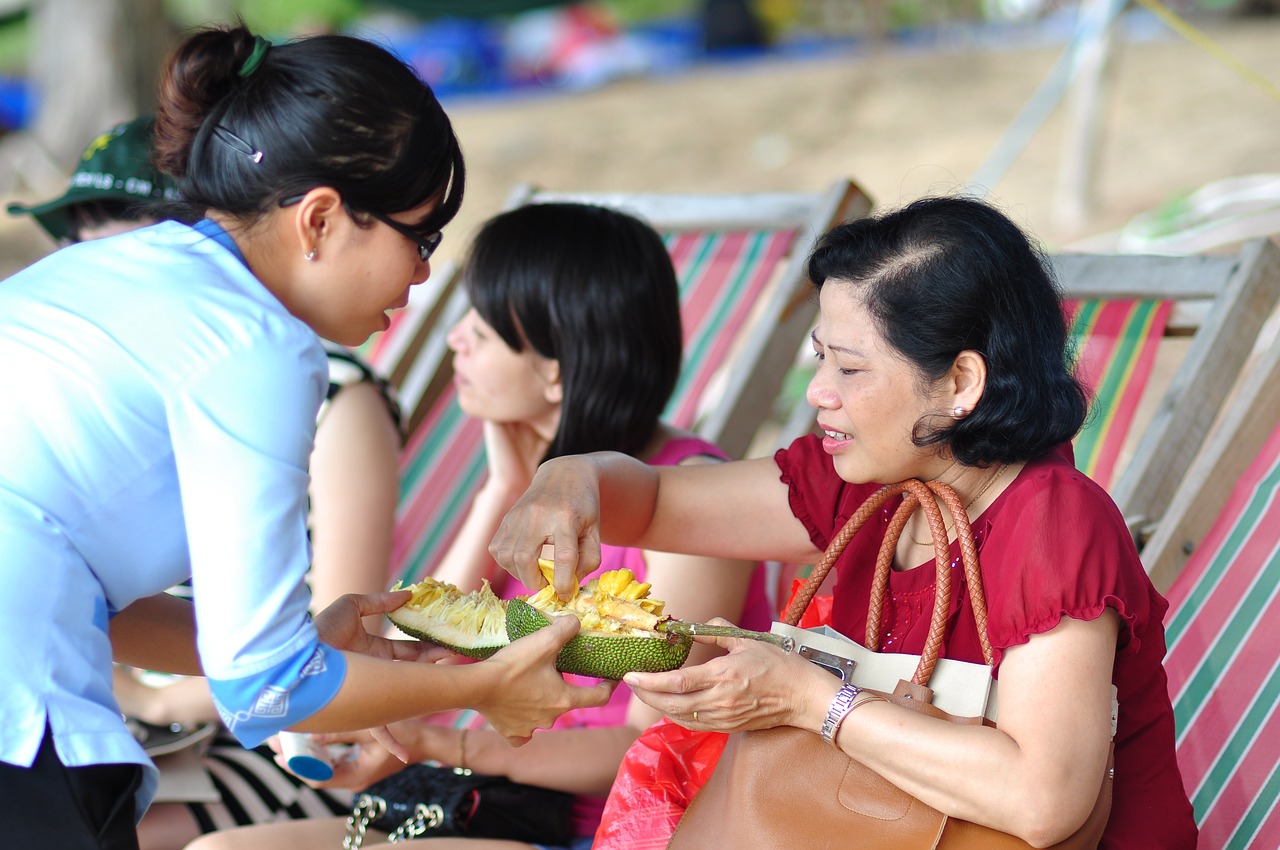I took my mother and grandmother out to lunch twice recently as a Mother’s Day gift. The first time was Asian cuisine for dinner. The other, an All-American Diner with a simple breakfast/lunch menu. Both places could not be any more different, yet the result was the same; satisfying. We arrived hungry, laughed and ate while reminiscing, and left in better spirits than we had arrived. The gift of delicious food. How often I underestimated the power of a meal for holidays, birthdays, family events, Sunday BBQ’s, and graduations.
“It matters not what is on the table, or who is beside you. We all share the same love for food, when food is made with love,” – my mother would remind me growing up.
I wrote a post recently on the healing power of silence, and because of the nurturing women in my life, I’ve been inspired to write about a different kind of healing magic that I was raised with.
Food!
A necessity – its preparation a process requiring time, and infused with energy and love. Created in the uniqueness of flavor and spirit. A colorful staple of beautiful family memories handed down for many generations.
As I look back over the years, I noticed my meal preferences would change as I began my spiritual change in recovery, and I would unknowingly embark on an, “Eat, Pray, Love” sort of journey. Prayer and meditation is an essential part of my recovery today, as well as growing to love myself and others. But eating? Where does that fit into my spirituality? Most people eat unconsciously. And I wanted to explore my own relationship with food as a tool to deepen my spirituality and self-care. Thinking I would have to dig deep into my roots to find the answers, I was surprised to learn it’s very simple after all.
EAT; the beginning, of “eat pray love” or H in the famous ‘HALT’ acronym, which stands for Hunger – both instances put an emphasis and importance on the value of nutrition. Very seldom do I hear much emphasis on the H, yet it is right there at the beginning of the red-flag acronym. In early sobriety, I remember being invited out to breakfast, lunch, dinner, and coffee constantly. Many meetings were usually preceded or followed afterward by a rendezvous at an eatery which, of course, always included lots of friendly hugs and smiles. In this food environment, I began to feel accepted into a group and began to open up to others in the fellowship circle.
Unfortunately, most of us today have such tightly packed schedules, we hardly make the time to decide as a family or household these days, what’s for dinner, who’s picking up certain ingredients, who’s cooking what, who’s setting the table, dishes, taking out the trash and cleaning. The act of food preparation, giving everybody some responsibility towards mealtimes, keeps a family and community together. It recognizes each individual’s importance in the preparation and planning and encourages keeping a commitment.
Growing up in an Asian-American home, it seemed our kitchen was the real “living room” in our house. Everyone would help out with cooking or cleaning, or just being there involved in chit-chat. It was a place to reconvene. Never once did it cross my mind just how important those meals and conversations were until I became older. The ethnic food was delicious enough to dispel all thoughts of problems. With loving thought and consideration, my mother would quickly devise a variety of dishes for just about anyone to enjoy. I truly believe that the mothering approach to food and the ritual of eating as a family or community is a natural healing practice that turns any mood or circumstance, into a grand finale of happiness and satisfaction.
Whether you walked in on the preparation of a meal, the actual cooking itself, or the tail end of dinner, it was mandatory to partake in whatever was going on. It was a chance to give, receive, communicate, share, appreciate, and mostly, to smile and laugh with loved ones. You could find solutions to all your problems. Whether you simply forgot why you were troubled to begin with, because the food was so delicious, or a family member shared with you how terrible their day was, and all of a sudden yours seemed so small in comparison. Or maybe we all laughed over a reminder, an inside joke about ourselves, poking fun and taking all seriousness out of our day for just a moment. Either way, our problems were (literally) laid out on the dinner table, the topic of a private, but loving discussion.
I sometimes compare my twelve-step meetings to a family meal now and the whole process feels warm and familiar. The gathering of a group in a single room around a table for an hour – the preparation being the hangout or small talk before the meeting, and the topic of discussion being the main course. When someone shares in a meeting, I think of the cooking and dinner table conversation where you can just lay anything weighing heavily on your mind and heart. Everyone takes turns passing around their version of gratitude and strength, each taking turns, giving and receiving, only what we need to get by for the rest of our day.
Eating healthy and culturally diverse food is a wonderful addition in regards to fellowship, or any relationship for that matter. We seem to have forgotten the nurturing and ritualistic aspect of food – or perhaps we are just not conscious of it. Whether you are at a cafe, or around your dining room table, food shared with others is almost guaranteed to lift your spirits. Like recovery, cooking for yourself, others, and dining-out, is a journey and a process. There’s no perfect or right way to do it, you’ll find your favorites and dislikes through trial and error; but shared with others, it feels pretty close to perfect.
“Laughter is the brightest, where food is the best” –Irish Proverb






